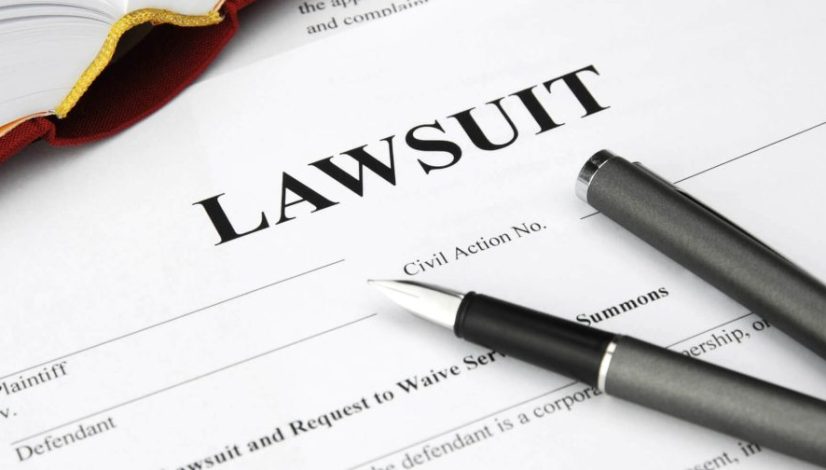Civil Case Remedies: TROs and Injunctions
Civil lawsuits can take months—or even years—to resolve. But what if you can’t afford to wait? What if the other side is threatening to take action right now that could damage your finances, property, or reputation? In California, the legal system provides tools to address this very issue. If you’re involved in a pending civil lawsuit, and the opposing party is about to take action that could cause irreparable harm, you may be able to stop them—before it’s too late—by requesting a Temporary Restraining Order (TRO) or a Preliminary Injunction.
In this post, we’ll break down exactly what these legal remedies are, when you can use them, how the process works, and what kind of evidence you need to support your request.
What Is a Temporary Restraining Order (TRO)?
A Temporary Restraining Order (TRO) is an emergency court order designed to maintain the status quo and prevent immediate harm before a full hearing can be held.
When Can You Request a TRO?
You can request a TRO when:
- A business partner is about to dissolve or sell assets from a jointly owned business.
- Someone is about to unlawfully evict you or lock you out of a property.
- The opposing party is threatening to destroy evidence or violate a legal agreement.
- There’s a risk of financial harm or property loss that can’t be easily reversed later.
TROs are often issued ex parte, meaning the court may grant the request without hearing from the other side first—but only in truly urgent situations where notifying the other party would defeat the purpose of the order.
How Long Does a TRO Last?
A TRO typically lasts 15 days, long enough to get both parties into court for a hearing on whether a longer-term injunction is necessary.
What Is a Preliminary Injunction?
A Preliminary Injunction is a court order that can prevent a party from doing something (or require them to do something) for the duration of the case.
It’s more difficult to obtain than a TRO because it requires a formal hearing with evidence and arguments from both sides. However, it provides longer protection and can be a crucial strategic tool in litigation.
What Must You Prove?
In California, to get a preliminary injunction, you must show:
- A likelihood of prevailing on the merits of your case
- That you will suffer irreparable harm if the injunction is not granted
- That the balance of hardships tips in your favor (i.e., the harm to you if the injunction is denied outweighs the harm to the other party if it’s granted)
This means you need more than just a complaint and an accusation—you’ll need evidence, sworn declarations, and often expert support.
Real-World Examples of TROs and Injunctions in Civil Litigation
1. Business Dispute
You file a lawsuit against your former partner for misappropriating funds from a joint venture. You believe they are about to drain a shared business account or sell off assets. You file for a TRO to freeze the account until the issue can be litigated.
2. Landlord-Tenant Dispute
A landlord files an eviction case, but the tenant claims it’s retaliatory or unlawful. The tenant may file for a TRO to prevent lockout or utilities being shut off before the case can be heard.
3. Intellectual Property Case
You sue a competitor for copyright infringement and request a preliminary injunction to stop them from using your copyrighted material while the case is pending.
The Process: How to File for a TRO or Preliminary Injunction
- Meet with an attorney – This is not a DIY situation. Injunctions require technical legal arguments and persuasive evidence.
- File a Motion for a TRO and/or Preliminary Injunction – This includes:
- A legal brief (memorandum of points and authorities)
- Supporting declarations under penalty of perjury
- Any relevant evidence (photos, contracts, emails, financial documents)
- File an Ex Parte Application (if requesting an emergency TRO)
- Attend the court hearing – For a preliminary injunction, both sides will present their case before a judge.
- Comply with the Order – If granted, the injunction becomes enforceable immediately. Violating it can lead to contempt of court charges.
Timing Matters — Don’t Delay
One of the biggest reasons TROs or injunctions are denied is delay. If you knew about the issue for weeks or months and didn’t take legal action, the judge may view your request as less urgent or unnecessary.
Courts reward parties who act quickly and provide clear, compelling reasons for emergency relief.
Final Thoughts: Should You Seek an Injunction?
Injunctive relief is a powerful legal remedy—but it isn’t for every case. It’s most appropriate when you need urgent protection and money damages won’t be enough to fix the harm.
If you’re in a dispute where the other party is threatening your property, your business, or your legal rights before trial, don’t wait for the situation to escalate.
Need legal help? In California, navigating legal challenges, whether they involve personal injury, workers’ compensation, criminal defense or civil litigation, can be overwhelming. Khoury Law Group is here to provide the critical legal support you need. As a leading advocate for individuals facing legal battles, our experienced attorneys understand the complexities of the legal system and are committed to fighting for your best interests. With personalized legal strategies and compassionate support, we are dedicated to achieving the justice and compensation you deserve.
CONTACT US FOR HELP. Call us at (888) 354-6879 or fill out the form on our Contact page.





